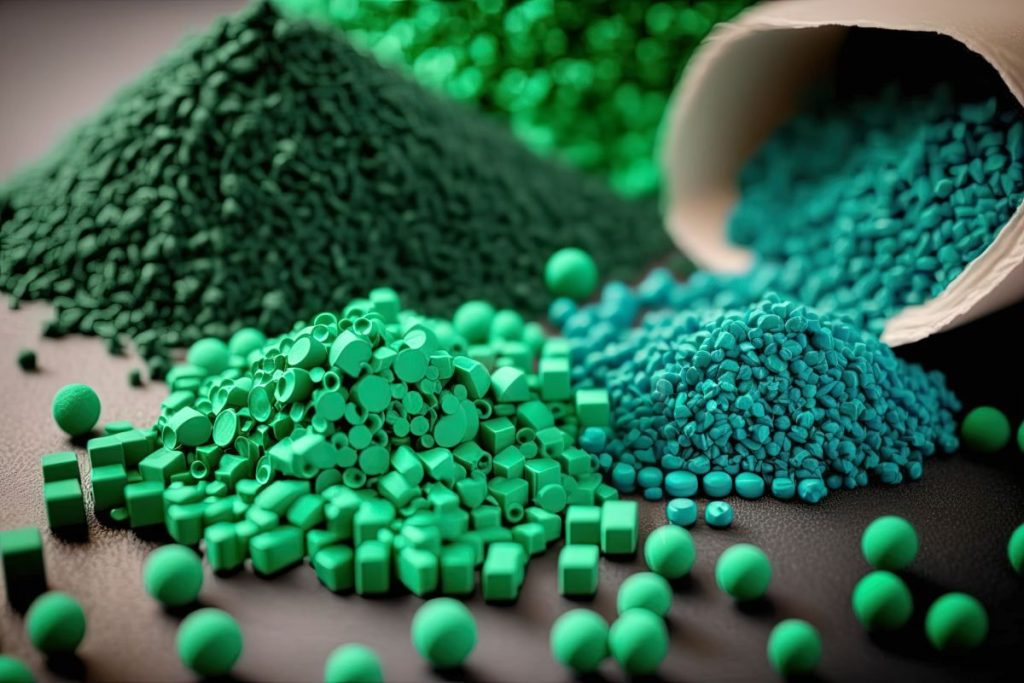What are some tips for choosing the right injection molding material?
- Define project objectives clearly
- Understand the material properties
- Consider the production volume and rate
- Evaluate the overall cost
- Ensure regulatory compliance
- Evaluate environmental impact
Overview
- Injection molding is a versatile manufacturing process for creating three-dimensional components by injecting molten material into molds.
- The success of projects hinges on material selection, impacting the final product’s quality and durability.
- For precision and excellence in injection molding, Richfields stands ready to assist with injection molding needs.
Injection molding is a highly versatile and widely utilized manufacturing process in which molten material, typically plastic or metal, is injected into a mold cavity under high pressure. Once injected, the material solidifies, taking the shape of the mold, and is then ejected to produce a three-dimensional component or product.
The success of any injection molding project hinges on the careful consideration of the material used, as it directly impacts the quality, durability, and performance of the final output. Our focus will be on providing you with useful tips for choosing the right injection molding material to ensure that your project meets the highest standards of excellence.
Define Project Objectives Clearly
Clarity in project objectives serves as the foundation for successful injection molding. Begin by clearly outlining the goals and expectations of the injection molding project, including specifying design requirements, performance standards, and desired outcomes.
For instance, if the objective is to produce lightweight, impact-resistant components for consumer electronics, such as smartphone accessories, the material choice may lean towards high-strength plastics with excellent impact resistance.
Understand Material Properties
Material properties directly influence the product’s functionality, lifespan, and overall performance. A thorough understanding helps select a material that aligns with the desired product attributes, such as the physical, mechanical, and thermal characteristics of potential injection molding materials.
If the project requires a material with high chemical resistance for automotive components, selecting a polymer like polypropylene may be suitable due to its corrosion-resistant properties. Therefore, conducting material testing, consulting material datasheets, and leveraging the expertise of material engineers is important to gain more insights.
Consider the Production Volume and Rate
Production volume and rate consideration involves evaluating the scale and speed at which the injection molding process will occur. These factors impact material selection, as high-volume production may require materials with faster cycle times and increased durability.
For mass production of consumer goods, such as food packaging, a material with quick cooling properties, like certain thermoplastics, might be preferable to expedite production cycles.
Evaluate the Overall Cost
Cost considerations are also essential for project budgeting and determining the feasibility of the injection molding process. Therefore, evaluating the overall cost should involve a comprehensive analysis of material costs, production costs, and any post-processing expenses associated with the chosen material.
While a high-performance engineering polymer may have a higher initial cost, it could lead to long-term savings by reducing product failures and minimizing the need for costly post-processing.
Ensure Regulatory Compliance
Ensuring regulatory compliance is a crucial step in the injection molding process. It involves carefully verifying that the chosen material aligns with industry regulations, standards, and legal requirements. This is incredibly important as it helps prevent potential legal issues and product recalls, ensuring that the final product is safe and of high quality.
A notable example of this can be seen in the medical industry. When it comes to medical devices like surgical tools and diagnostic equipment, it is essential that the materials used in injection molding adhere to strict guidelines, such as those set by the Food and Drug Administration (FDA).
Evaluate Environmental Impact
With an increasing focus on environmental responsibility, considering the ecological footprint of materials on the planet is essential for a socially responsible manufacturing approach. Opting for recyclable and biodegradable materials aligns with eco-conscious practices and supports sustainable manufacturing.
To progress in this direction, start by collaborating with environmental specialists and suppliers to assess the ecological impact of potential materials. Ensure utilization of materials that minimize environmental harm, supporting a green approach to injection molding.
Common Materials for Injection Molding
Injection molding is a precise manufacturing process that accommodates a wide range of materials, each chosen based on the specific requirements of the end product.
Commonly employed materials include polyethylene (PE) and polypropylene (PP), prized for their chemical resistance and affordability, making them ideal for applications in packaging, toys, and medical devices. Meanwhile, acrylonitrile butadiene styrene (ABS) finds utility in consumer electronics and automotive components due to its exceptional impact resistance and machinability.
Polycarbonate (PC) offers high optical clarity and heat resistance, making it suitable for optical discs and electronic components. Additionally, polyethylene terephthalate (PET), known for its transparency and lightweight nature, finds extensive use in bottles and textile fibers.
Key Takeaway
Following these tips for choosing the right injection molding material is a critical decision that directly influences the success of your project. It ensures not only the functionality and durability of the final product but also contributes to the overall efficiency of the process.
With a focus on customer service, competitive pricing, and a wide product offering, Richfields ensures your injection molding needs are met with precision and quality. Contact us for a quote today and experience firsthand the excellence we bring to every project.
